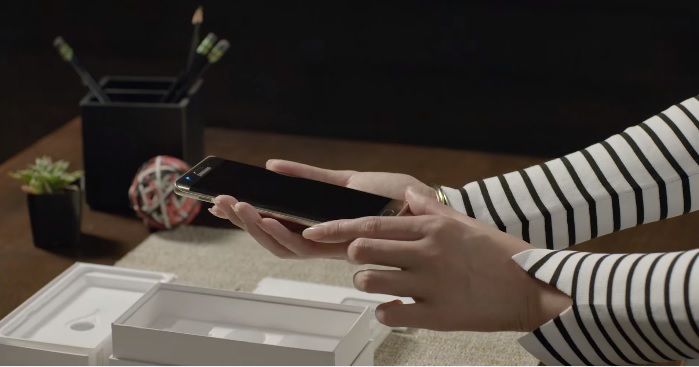Remember the whole ordeal Tim Cook and Apple went through in February? Their refusal to help authorities crack the San Bernardino shooter’s iPhone triggered an entire debate that ended only when the FBI solved the case on their own. The agency never revealed the methods employed to do it, but it seems that an iPhone 6 can easily be hacked with cloned fingerprints made of cheap materials. Biometrics experts from Michigan State University proved that recently #biomagic
Authorities asked Dr. Anil Jain from Michigan State University to help them get into the Samsung Galaxy S6 of a murder victim. Police officers had only partial prints at their disposal and no way of knowing which finger was used to lock the smartphone. At first, Dr. Jain and his team used a special software to fill in the blanks and cloned fingerprints for all fingers with a 3D machine and expensive materials. That didn’t do it, though. Ironically, when they tried again with a 2D printer and cheaper, under $500 materials, the screen unlocked. The team of researchers proved a smartphone that was “armed” with biometric security could be hacked with the right tools.
What does that mean to us? We can’t put our eggs in one basket anymore. Yes, the smartphone industry is going crazy with fingerprint authentication, enabling every smartphone with a sensor, but the future will require more of manufacturers. A combination of biometric systems would really prove a challenge for your average hacker.
Imagine a smartphone protected by two biometric signatures, like your iris and face. Knowing that not even twins match for the same iris signature, you’d definitely sleep better at night. On the other hand, a face recognition software that would take up to 62 facial landmarks into consideration, like the one FotoNation has developed, would certainly make a hacker’s job a living hell.
Samsung Galaxy Note 7 is already equipped with iris scanning, so let’s hope it’s a matter of time until smartphone manufacturers realize fingerprints can’t protect as we once thought.
Follow TechTheLead on Google News to get the news first.























